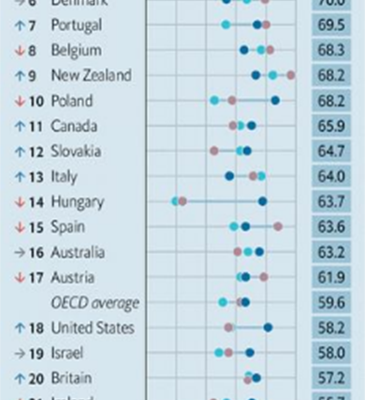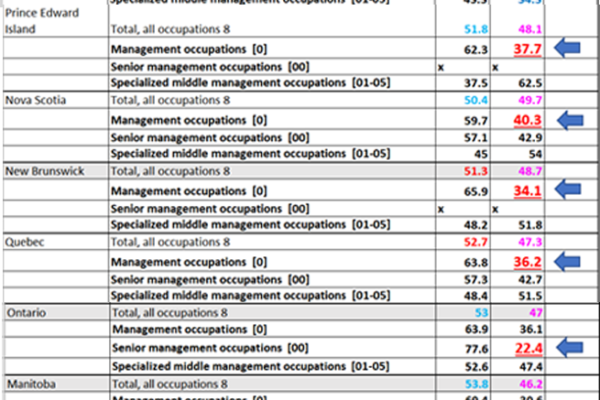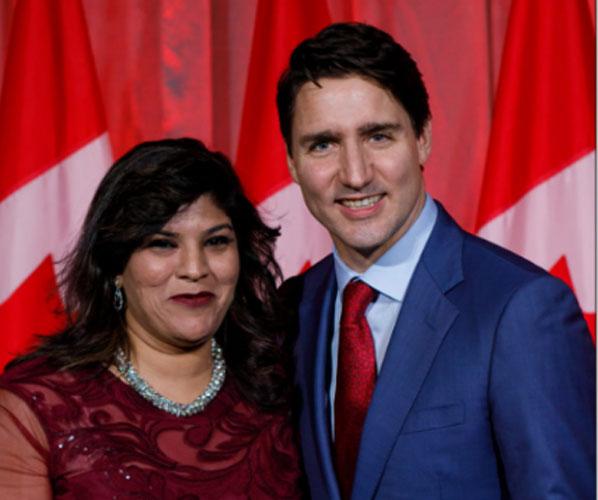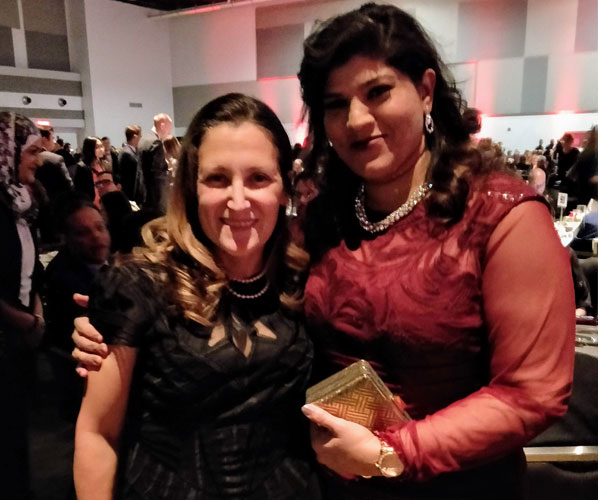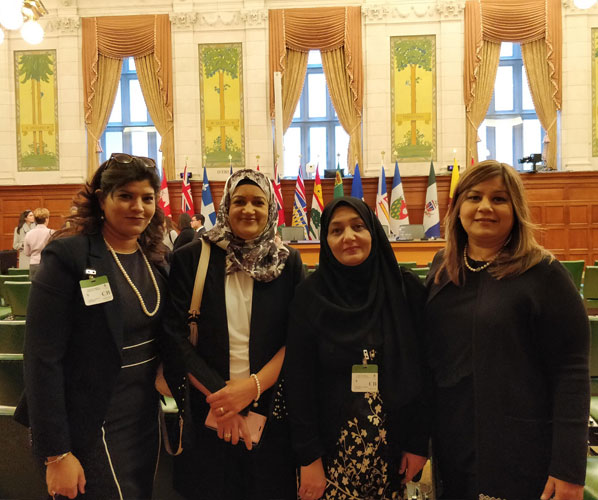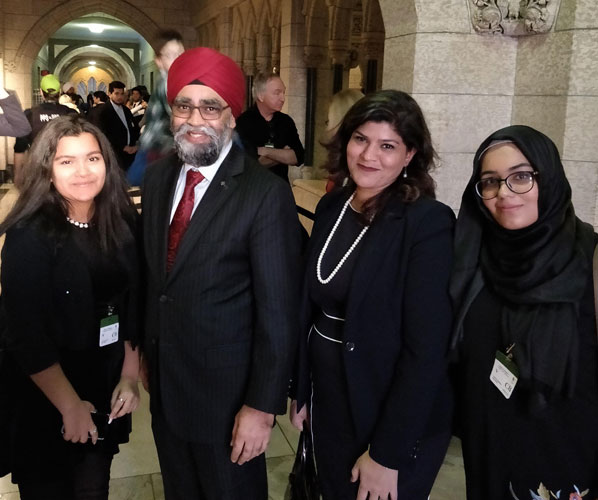A Not for Profit organization that advocates a systemic change in the public sector across Canada that will accelerate BIPOC (Black, Indigenous, and People of Color) women in leadership roles.
Who We Are
Diversity Hues is a vision of four women of color pursuing an MBA degree in Community Economic Development. To the centre of their mission lies the acknowledgement and dire need to build a community which will harness the potential of BIPOC women who have hit the glass ceiling in their work field and to give them leadership roles.
Diversity Hues aims to work as a catalyst in bridging the gap between leadership roles for aspiring BIPOC women and aims to achieve this by addressing roadblocks, identifying skills and strengths, working with the public sector, building a network with community partners and thereby creating a systemic change.
Diversity Hues will continue to work with aspiring BIPOC women leaders in achieving their goals!!
Vision
The integration of BIPOC women to acquire leadership roles in the workplace and community contributing to an equal, well represented, and healthier socio-economic society.
Mission
The Mission of Diversity Hues is to bring about a systemic change in the public sector which will increase the visibility of BIPOC women in the leadership roles.
Mandate
- Advocacy in the public sector for systemic change for aspiring BIPOC women.
- Gender equality and increase in visibility of BIPOC women in leadership roles.
- Higher productivity in a “Net Positive Fiscal Contribution” into Canadian Economy.
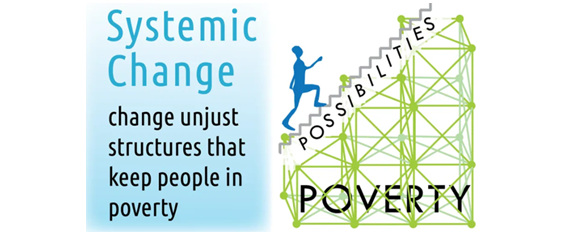
(Freund & CM, 2016)
What is the proportion of Women and Men employed
in management position broken down by Provinces in Canada
What we offer
- Helping clients identify their barriers by assessment tools like Personality Dimensions (PD) or Myer Briggs Type Indicators (MBIT)
- Four months Leadership Mentorship Program that matches experienced BIPOC women and girls with mentors/ Leaders from diverse backgrounds.
- Access to resources, training and networking with mentors and adding experience on their resumes.
- Workshops in the public sector to successfully implement diversity and inclusion policy for equitable accessibility for professional development for BIPOC women to increase visibility in leadership roles (Systemic change)
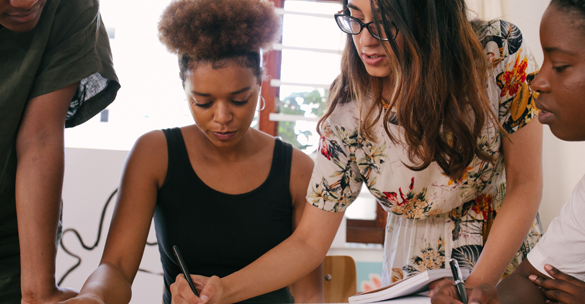
Canada on Feminism
Government of Canada : Theme for year 2021: #FeministRecovery
“Achieving gender equality and supporting women’s empowerment are ends in themselves and have a high impact on progress across all Sustainable Development Goals. Reaching the poorest and most marginalized who may face increased discrimination based on intersecting identity factors is essential to leaving no one behind and achieving the 2030 Agenda.”
(Canada, 2019)
March 8 is International Women’s Day, a global day of recognition celebrating the social, economic, cultural and political achievements of women and girls, and raising awareness of the work left to be done. “This year’s theme, #FeministRecovery
“Today, on International Women’s Day, we celebrate the achievements of women in all their diversity, here in Canada and around the world, and we honour those who have challenged norms, lifted up others, and created lasting and substantial change. We also reaffirm our commitment to gender equality, so that all women and girls can contribute to their full potential, and we can build a better, safer, and more inclusive world.”
(Statement by the Prime Minister on International Women’s Day, 2021)
“We remain committed to evidence-based decision-making that takes into consideration the impacts of policies on all Canadians and fully defends the Canadian Charter of Rights and Freedoms. You will apply Gender-based Analysis Plus (GBA+) in the decisions that you make and consider public policies through an intersectional lens in order to address systemic inequities including: systemic racism; unconscious bias; gender-based discrimination; barriers for persons with disabilities; discrimination against LGBTQ2 communities; and inequities faced by all vulnerable populations. Whenever possible, you will work to improve the quality and availability of disaggregated data to ensure that policy decisions benefit all communities.”
(Minister for Women and Gender Equality and Rural Economic Development Supplementary Mandate Letter, 2021)





